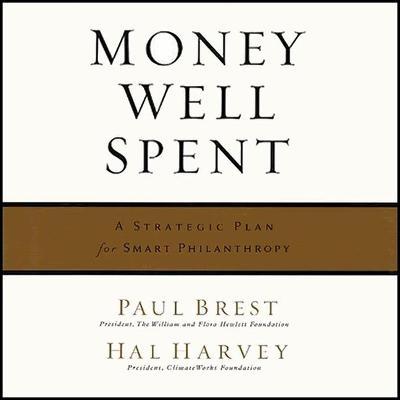Full Description
Doing Early Childhood Research demystifies the research process. An international team of experienced researchers shows how to select methods which are appropriate for working with young children in early childhood settings or at home.
They provide a thorough introduction to the most common research methods used in the early childhood context. Reflecting the multidisciplinary nature of much early childhood research, they cover a wide range of conventional and newer methods including observation, small surveys, interviews with adults and children, action research, ethnography and quasi-experimental approaches.
They explain clearly how to set up research projects which are theoretically grounded, well-designed, rigorously analysed, feasible and ethically based. Each chapter is illustrated with examples.
Widely used by early childhood researchers in many countries, this second edition of Doing Early Childhood Research has been fully revised. It includes new chapters on beginning research, mixed methods research, interviewing children, and working with Indigenous children, and also new case study chapters. It is essential reading for novice, initial career and experienced researchers.
'It is rare for any research methodology book to cover so much ground, and contain so many different kinds of resources between two covers.' - Journal of Education for Teaching 'As a guide for new and inexperienced researchers, it is second to none.' - British Journal of Educational Studies
Contents
List of tables
Contributors
Introduction - Glenda Mac Naughton, Sharne Rolfe and Iram Siraj-Blatchford
PART I: The nature of research
1 Research as a tool - Sharne Rolfe and Glenda Mac Naughton
2 The research process - Glenda Mac Naughton and Sharne Rolfe
3 Paradigms, methods and knowledge - Patrick Hughes
4 Doing research as a beginning researcher - Audrey D'Souza Juma
5 Ethics in early childhood research - Margaret Coady
6 Indigenous research - Karen Martin
PART II: Analysis and design
7 Design issues - Alan Hayes
8 Quantitative designs and statistical analysis - Linda Harrison
9 Qualitative designs and analysis - Anne Edwards
10 Equity and research design - Susan Grieshaber
11 Mixed-method designs - Iram Siraj-Blatchford
12 Designing to scale: When size matters - Mindy Blaise
PART III: The research process in action
13 Surveys and questionnaires: An evaluative case study - John Siraj-Blatchford
14 Interviewing young children - Maria Assuncao Folque
15 Interviewing adults in an Indigenous community - Sue Atkinson-Lopez
16 An ethnographic approach to researching young children's learning - Iram Siraj-Blatchford
17 Action research - Louise Taylor
18 Direct observation - Sharne A. Rolfe and Sue Emmett
19 Case study - Teresa Vasconcelos
20 Quasi-experimental research - Liane Brown
Appendix 1: Getting our terms right
Glossary
Index








